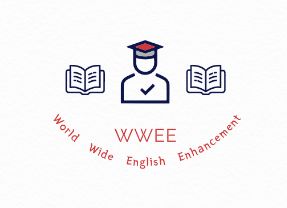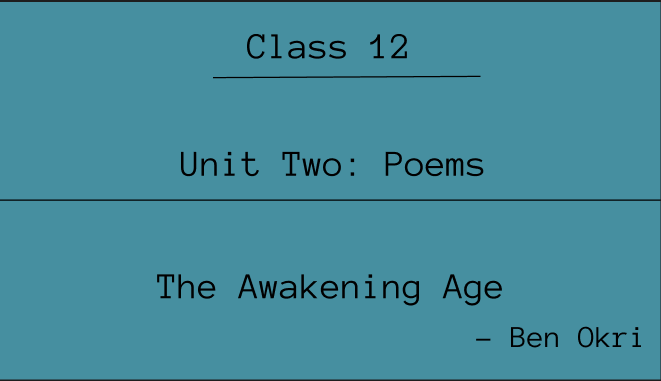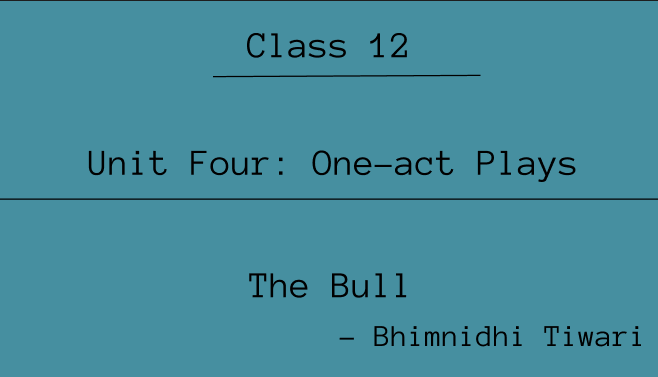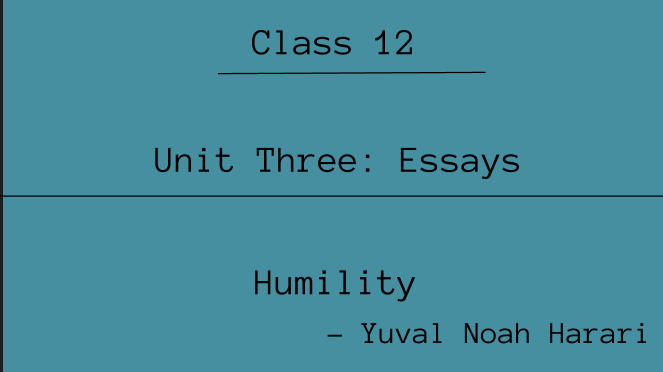In his essay, Russell distinguishes between knowledge and wisdom, emphasizing that knowledge is the acquisition of information, while wisdom is the practical application of knowledge to create value. He laments the lack of a corresponding increase in wisdom despite vast amounts of knowledge. Russell defines wisdom by highlighting factors that contribute to it.
One crucial factor is a sense of proportion, the ability to consider all relevant factors in a problem, which is challenging due to specialization. For instance, while scientists may discover new medicines that reduce infant mortality, they may overlook the potential consequences on population growth and food shortages. Misusing knowledge, such as understanding atomic composition, can lead to catastrophic outcomes like nuclear weapons.
Knowledge, without wisdom, can be harmful. It must align with the broader needs of humanity and be linked to an understanding of life’s purpose. Russell illustrates this with historical examples, like Hegel’s writings leading to war due to beliefs in racial superiority.
Wisdom is essential in personal and public life, helping individuals avoid prejudices and cultivate empathy. It involves freeing oneself from sensory influences and egoism, leading to a broader perspective and love for others. Russell advocates teaching wisdom in education, citing the Good Samaritan parable as a lesson in universal love and understanding.
Ultimately, Russell believes that integrating knowledge and wisdom into education can cultivate global citizenship and prevent the dangers of hatred and narrow-mindedness. Wisdom, he argues, is not just about acquiring information but applying it thoughtfully and ethically for the greater good of society.





